Data and Business Intelligence
Information Technology Management
£2360 (£1600 during the tuition waiver period)
This course aims to provide an opportunity to learn mathematics and statistics and equip learners with the mathematical skills to analyse and solve problems that will enable them to work within the field of IT. The course covers number systems, logic, relations, functions, quadratic equations, quadratic functions, simultaneous equations, polynomial equations, exponential functions, logarithmic functions, coordinate geometry and matrices.


1. Understand the mathematics underpinning information technology
2. Understand the statistics underpinning information technology


Scholarships
Citizens of the following countries are eligible for a 50% scholarship upon writing a personal statement. All scholarships are to be approved by the Academic Board. The list of countries are: Sri Lanka, Indonesia, Philippines, Bhutan, Morocco, Vietnam, Papua New Guinea, Laos, Cambodia, India, Nigeria, Ghana, Bangladesh, Laos, Myanmar, Pakistan, Nepal and South Africa. Please talk to your student counselor and ask for the Coupon Code to get the 50% Tuition Waiver.

To pass the unit a 40% overall grade must be achieved.

You are eligible if you meet our stipulated entry requirements.









Introduction to the module
Statistics
Frequency Distribution
Probability
Conditional Probability
Permission and Combinations
The Binomial, Poisson and Normal distribution
Measures of Dispersion and Skewness
Correlation and Regression